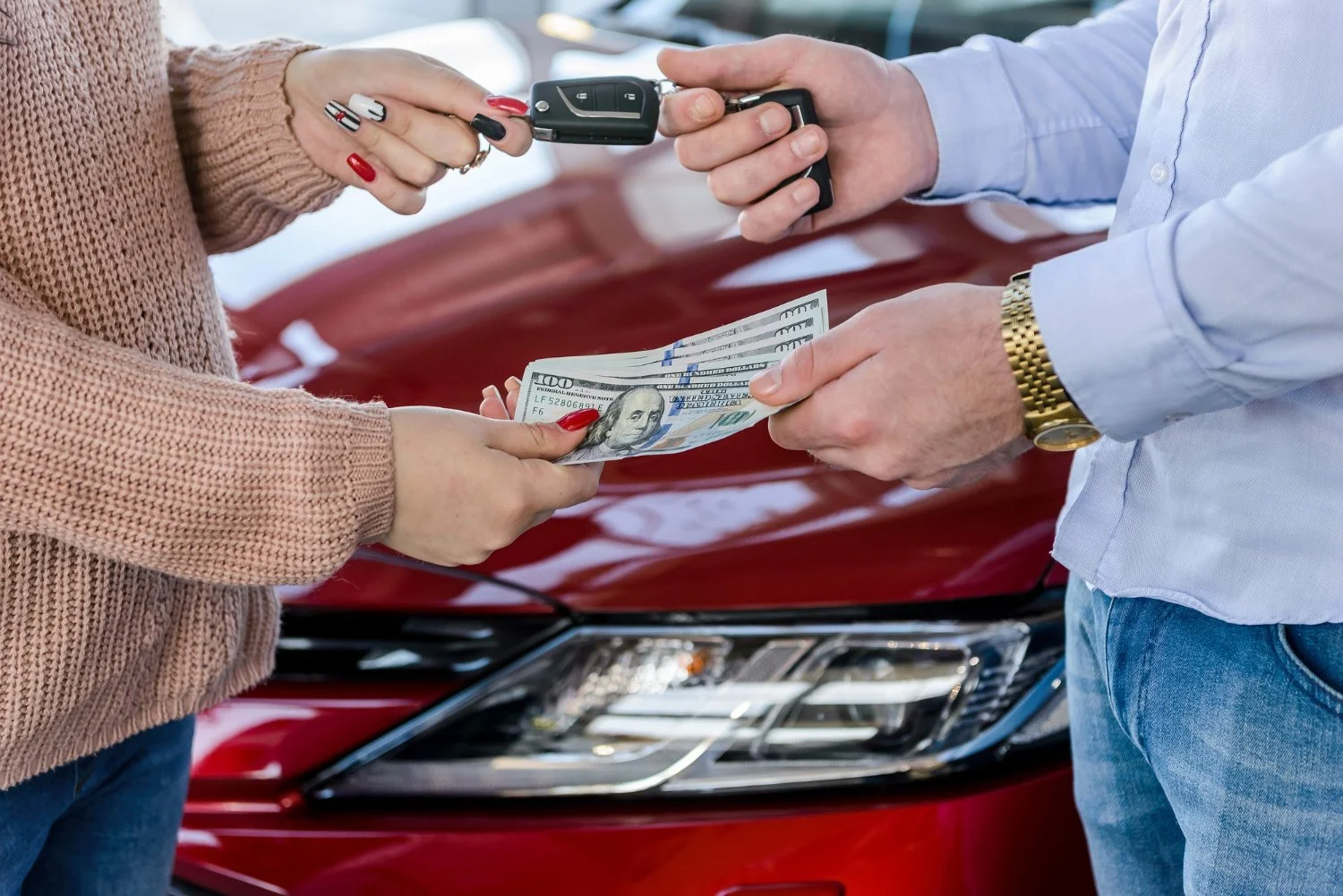
Get Cash for Damaged Vehicles
Owning a car is a necessity for many people, but accidents, wear and tear, or unexpected mechanical issues can turn a once-reliable vehicle into a financial burden. Instead of letting a damaged car sit idle in your driveway or paying expensive repair bills, you can turn it into instant money. Programs and companies that specialize in buying damaged, wrecked, or non-running cars provide a simple solution: get cash for damaged vehicles quickly and easily.
This guide will explain how these services work, why they are beneficial, and what steps you can take to get the best value for your car—even if it’s no longer roadworthy.
Why Selling Damaged Vehicles for Cash Makes Sense
Cars depreciate rapidly, and once they’re damaged, their value drops even further. For many owners, the cost of repairs outweighs the resale price. Instead of spending thousands to fix a car you may never recoup, selling it for cash offers several advantages:
- Immediate Payout: Unlike private sales, where it can take weeks to find a buyer, cash-for-car companies pay on the spot.
- No Repair Costs: Buyers accept vehicles “as is,” saving you from spending more on mechanics or parts.
- Free Removal: Most services offer free towing, which is especially useful for non-drivable cars.
- Space and Convenience: Removing a damaged vehicle frees up your driveway or garage.
- Eco-Friendly Disposal: Many companies recycle usable parts and materials, reducing waste.
Types of Vehicles You Can Sell
You might think that only slightly damaged vehicles qualify, but in reality, most companies purchase a wide range of cars, including:
- Accident-damaged vehicles
- Cars with blown engines or failed transmissions
- Flood-damaged or fire-damaged cars
- Non-running or junk vehicles
- Old cars that are too costly to maintain
- Wrecked trucks, SUVs, or vans
Whether your car is lightly scratched or completely totaled, there is usually a buyer willing to pay for it.
How the Process Works
The process of getting cash for damaged vehicles is designed to be simple and hassle-free. Here are the common steps:
1. Get a Quote
You begin by providing details about your car—make, model, year, mileage, and its condition. Online forms or phone consultations make this step quick. The buyer then offers a free, no-obligation quote.
2. Schedule Pickup
If you accept the offer, the company arranges a convenient time to pick up your vehicle. Many provide same-day or next-day service.
3. Free Towing
A tow truck comes to your location. Unlike private sales or trade-ins, you don’t need to deliver the car yourself.
4. Instant Payment
Once ownership documents are verified, you receive cash or a certified check immediately—before the vehicle is taken away.
5. Recycling and Disposal
After purchase, companies typically recycle usable parts, scrap metal, and fluids responsibly. This ensures the car is disposed of in an eco-friendly manner.
Tips for Getting the Best Deal
Not all offers are equal, and as a seller, you want to maximize your payout. Here are some tips:
- Compare Multiple Quotes: Don’t settle for the first offer. Getting several estimates can help you gauge fair market value.
- Be Honest About Condition: Accurate details prevent renegotiation during pickup.
- Have Paperwork Ready: Proof of ownership and title transfer documents streamline the process.
- Remove Personal Belongings: Clean out your car before handing it over.
- Check for Reusable Parts: Sometimes selling valuable parts like rims, batteries, or electronics separately can increase your earnings.
Who Buys Damaged Vehicles
Several types of buyers specialize in damaged or junk cars:
- Cash-for-car services: Businesses dedicated to purchasing damaged vehicles for cash.
- Salvage yards: They buy cars to strip usable parts before recycling the shell.
- Scrap metal buyers: Focused primarily on recycling the metal from old vehicles.
- Auto resellers: Some repair cars and resell them at auctions or to used car dealers.
Each has its advantages, but for convenience and speed, cash-for-car services are often the best choice.
Common Misconceptions
Many car owners hesitate to sell damaged vehicles because of misconceptions. Let’s clear up a few:
- “My car is worthless.” Almost every vehicle has value, even if only for scrap metal.
- “It’s too much hassle.” Modern services make the process fast and simple, often completing it within 24 hours.
- “I need to repair it first.” Buyers purchase vehicles “as is,” saving you money on unnecessary repairs.
- “I won’t get paid fairly.” By shopping around and choosing reputable buyers, you can ensure you receive competitive offers.
Benefits Beyond Cash
The immediate financial gain is the most obvious benefit, but selling a damaged vehicle has additional advantages:
- Peace of Mind: You avoid the stress of breakdowns, safety issues, or failed emissions tests.
- No Advertising Needed: Skip the hassle of online listings, negotiations, or test drives.
- Contribution to Recycling: Your car’s parts and materials are reused, reducing environmental impact.
- Avoid Storage Costs: If you’re paying for parking or storage, removing the vehicle saves money.
The Growing Demand for Damaged Vehicles
With rising material costs and the demand for affordable auto parts, the market for damaged vehicles is growing. Salvage yards and recycling companies benefit from extracting usable parts, while scrap metal from cars is increasingly valuable in the global market. This means sellers often receive better offers today than in the past, making it a great time to trade in a wrecked car for cash.
Steps to Take Before Selling
Before handing over your vehicle, follow these simple steps:
- Remove All Personal Items: Check the glove box, trunk, and under the seats.
- Cancel Insurance and Registration: Notify your provider and local motor vehicle agency.
- Gather Paperwork: Ensure you have your vehicle title or transfer documents.
- Take Photos: Document the car’s condition for your records.
- Collect Your Payment: Never allow removal before receiving agreed-upon cash or check.
Final Thoughts
A damaged car doesn’t have to be a burden. Instead of letting it rust in the driveway or paying costly repair bills, you can get cash for damaged vehicles quickly and stress-free. With the right buyer, the process is simple: request a quote, schedule pickup, and receive payment on the spot.
For anyone with a wrecked, non-running, or old vehicle, selling it for cash is not only a smart financial decision but also an environmentally responsible one. The next time you search for solutions, remember: your damaged car still holds value—and turning it into cash could be easier than you think.

